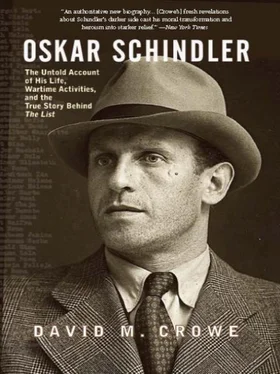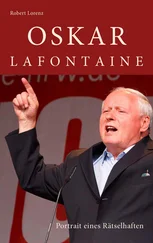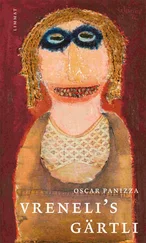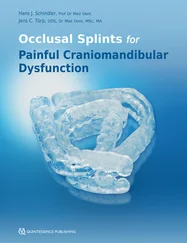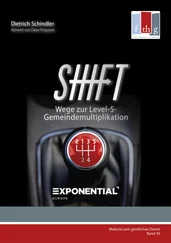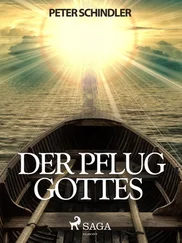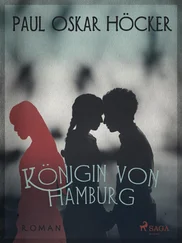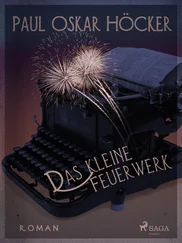Oskar never discussed the impact his mother’s death had on him, though it seemed to have stirred his restless spirit. The same year, he joined Konrad Henlein’s Sudeten German Party and made his first contacts with the German military’s counterintelligence branch, Abwehr. 31These first moves into the world of politics and pro-German activity would forever change Oskar Schindler’s life. Throughout his life, Schindler remained close to his Sudeten German roots. His work for Abwehr in the immediate years before World War II was in the Sudeten portions of Czechoslovakia, and most of his operatives were Sudeten Germans like himself. He also made frequent visits to Germany. The contacts and skills he learned as an Abwehr agent were key to understanding his later successes in Kraków and Brünnlitz. It was no accident that in 1944 he chose to move his Kraków factory to Brünnlitz, which is just south of Svitavy. His ties to the Sudeten portion of the former Czechoslovakia were strong, and he had hoped to rebuild his life there after the war. When that hope faded, he was bitter and expressed strong resentment towards Czechoslovakia’s last prewar president, Edvard Beneš, whom he called a “Scharlatan.” He told Fritz Lang that Beneš had weakened Sudeten German rights before the region was annexed by Germany in 1938. After Oskar returned to Germany from Argentina in the late 1950s, he became involved with the Sudeten German community in Frankfurt. Some of his more liberal German friends were taken aback by Oskar’s ties to the exiled Sudeten German community in West Germany, which they regarded as extremely conservative. Yet to understand Oskar Schindler and his ties to Abwehr and Germany, one must look briefly at the Sudeten Germans and their troubles in Czechoslovakia between 1918 and 1938. This was a special world to Oskar Schindler and events there during the interwar years deeply affected him throughout his life. 32
The Sudeten Germans in Czechoslovakia, 1918–1938
The Czechoslovak Republic came into existence at the end of World War I in the midst of the breakup of the Austro-Hungarian empire. 33The country’s new leaders, President Tomáš G. Masaryk, Foreign Minister Edvard Beneš, and Minister of War General Milan àtefánik, insisted that those portions of Bohemia, Moravia, and Silesia with large German populations would remain part of the new state. Historically, the Germans had been the “pre-eminent national group” in the Czech lands, a status that would change with the creation of the Czechoslovak state. By 1921, the population of 13.6 million included 3.1 million Germans. As World War I came to an end in the fall of 1918, Sudeten German leaders in Vienna created the provinces of German Bohemia and Sudetenland with the idea that these ethnically autonomous regions would become part of a new German Austria. The Czech military occupation of the two provinces in November 1918 ended these dreams. 34
Instead, the Czech Germans became part of the new Czechoslovak republic. Initially, most Czech Germans, who lived primarily in Bohemia, refused to accept their fate and longed for union with Austria or Germany. 35One of the first demands of the Sudeten Germans in the new Czechoslovak Republic was national autonomy; but Masaryk denied this right because the republic’s leaders wanted their new state to display a purely Czechoslovak face. On the other hand, Czechoslovak leaders were amenable to greater cultural autonomy for the Sudeten Germans and other minorities. German culture and education thrived in the predominantly German portion of Czechoslovakia, though it suffered in other parts of the country. Gradually, many Sudeten German politicians decided that it was in their best interest to work with other Czechoslovaks for the greater good of the nation. 36
Despite this greater spirit of cooperation, most Czech Germans were never satisfied with the rights afforded them by Czech and Slovak politicians in Prague. Their frustrations intensified after the Sudetenland, with its outdated factories and businesses, which concentrated on luxury goods for export, was hit hard by the Depression. 37Many frustrated Sudeten Germans unfairly charged that the Czech government was doing little to alleviate their growing unemployment and other problems. 38In this environment, it is not surprising that the historic distrust between the Czechs and the Germans should now resurface and affect Sudeten German politics.
The most dramatic political change among the Sudeten Germans was a shift in voter support from the mainstream German parties to two extreme right wing groups: the German Nationalists (DNP; Deutsche Nationalpartei ) and the German Nazis (DNSAP; Deutsche Nationalsozialistische Arbeiterpartei ). Before the Depression, these parties had not done well in national elections. Once the Depression struck, the ultra-right Sudeten parties gained a greater following among German voters. By 1935, the vast majority of Sudeten Germans were casting their votes for the country’s only remaining extreme right pro-Nazi party, Konrad Henlein’s SdP (Sudetendeutsche Partei). 39
This upsurge in Sudeten German support for the extreme right came partially in response to Adolf Hitler’s strong nationalistic message and Nazi successes in reviving Germany’s battered economy after he took power as chancellor on January 30, 1933. The prospect of a dynamic Sudeten German Nazi movement in their own midst now worried many Czechoslovak politicians, including some Germans. They were particularly concerned about the impact of such movements on the viability of the Czechoslovak democracy. 40
In 1929, the Sudeten Nazis created a Peoples’ Sports Association (Volkssportverband), modeled on the German Nazis’ SA ( Sturmabteilung; storm detachment or troops). Between 1930 and 1932, Sudeten German Nazi Party membership grew from 30,000 to more than 61,000. This upsurge in Nazi Party membership and activity greatly troubled Czechoslovakia’s leaders, including some German politicians. What particularly concerned them was that Germany’s support for the DNSAP had radicalized the Sudeten Nazi movement. In early 1932, the Prague government began a crackdown against the Sudeten Nazi Party and, on October 25, the National Assembly passed a law that allowed the government to outlaw subversive organizations such as the DNSAP and the DNP. 41Several weeks earlier, both parties’ leaders voted to dissolve their movements, which the government officially suspended in early October. A few days earlier, Konrad Henlein, a gym teacher and activist in two nationalistic Sudeten German movements, the Comrades’ Union (KB; Kameradschaftsbund ) and the Gymnastics Union or Association (Turnverband), announced the creation of the Sudeten German Home Front (SHF; Sudetendeutsche Heimatfront ). Henlein hoped that the SHF would bring together all Sudeten German political parties under one banner. Henlein, as head of the new party, did everything possible to keep the Czechoslovak government from outlawing the SHF. He constantly reassured Czechoslovak leaders of his loyalty to Czechoslovakia and its democratic traditions, a policy advocated by Germany at this time. 42
In fact, after the dissolution of the Nazi Party in Czechoslovakia, Hans Steinacher, the head of the Volk League for Germandom Abroad (VDA; Volksbund für das Deutschtum im Ausland ) and co-chair of the Volksdeutsch Council, an organization created by Rudolf Hess, who oversaw Reich policies towards ethnic Germans abroad, contacted Henlein and informed him that Germany intended to pursue a policy of accommodation with the Czech government to protect the rights and well being of the Sudeten Germans. 43
On the other hand, at Hitler’s insistence, aid was given to individual Sudeten Nazis whom the Czechs had prosecuted for their activities. Berlin also maintained contact with Henlein, though it was not ready to support him actively. This all changed in the spring of 1935 as Henlein’s party gained more Sudeten German support in its campaign for the May 19 elections. The Reich now wanted to use Henlein’s organization to build a stronger Nazi power base in Czechoslovakia, though Berlin preferred Henlein’s more extreme propaganda chief, Karl Hermann Frank. 44
Читать дальше
